On the evening of on Friday 31 July 1925 the Brisbane Repertory Theatre Society announced its arrival with a production of A.A.Milne’s English comedy, The Dover Road. Ninety years later, La Boite Theatre Company, direct descendant of the Brisbane Repertory Theatre Society, opened its 2015 season with a brash new version of A Midsummer Night’s Dream at The Roundhouse Theatre, ‘home’ to the Company since 2003.
Much has changed since 1925 yet constant throughout the decades has been an instinct for survival, development and transformation that makes this Company’s history distinctive, worth telling, and worth preserving in this digital archive.
It was Miss Barbara Sisley’s idea to start a repertory theatre society in Brisbane. A professionally trained actor, fresh from a year’s study at London’s Central School of Speech and Drama, and already well-established as a leader in the cultural life of Brisbane and its leading speech teacher, she had the appropriate qualifications and was well placed to enthuse her many students and like-minded colleagues to join her in its realisation.
Beyond Sisley’s own clique however, by 1925 the Brisbane community was ready to welcome and support a major amateur theatre organisation. International and national touring theatrical companies had already given this city a 50 year acquaintance with professional theatre. By the early 1920s Brisbanites were spoilt for choice with opening nights numbering more than 100.
Professor J.J.Stable, Professor of English Language and Literature at the University of Queensland, President of the Queensland University Dramatic Society (Dramsoc) and passionate about Australian writing, took little persuading when asked by Sisley for his support in the creation of a repertory theatre company in Brisbane.
Together, their next step was to invite members of the public to form the Society’s first Executive Committee. Instrumental in establishing the Society, this inaugural Executive Committee was a heady mix of influential members of the Brisbane clergy, intelligentsia, medical profession and the government – a pronouncement from the beginning that this was to be a serious, high status organisation.
From the outset, the Society’s objectives were clear. Here they are, unambiguously stated in The Dover Road program:
The plays selected must be plays of literary or dramatic merit, old or modern, that the public might not otherwise have the opportunity of seeing, care being taken to give the members of the society and the audience as much variety as possible. But always, and this is the main feature of the Repertory, the play is the thing. The actor, however good he may be, is given no undue prominence, the scenery must always be simple, a background to harmonise with the play, and nothing more.
The inaugural 1925 season of three productions, all staged at the Theatre Royal, were conservative choices. Sisley and Stable were wise in not offending any audience members in that foundational year knowing that the Society’s survival depended on building membership and audience support. And by starting off with very short seasons in a fine theatre they cleverly evoked a sense of occasion and an aura of success.
Their game-plan paid off. Sufficiently encouraged, plays with more challenging themes were selected the following year to the apparent approval of their ever-growing audiences. Alongside feminist writer Clemence Dane’s contemporary play A Bill of Divorcement about marriage break-down and heredity’s link with mental illness was George Bernard Shaw’s Candida about ‘modern’ notions of love and marriage. The third play was the Society’s first Australian play – a production of A Happy Family by Bundaberg-born Vance Palmer, directed by Rhoda Felgate with herself and Jean Trundle in leading roles. This production marked the beginning of Brisbane Repertory’s support for Queensland writing, support which it found difficult to sustain and which suffered long periods of neglect, but would eventually became a powerful feature of the future La Boite Theatre Company.
The Dover Road program records that there were 175 inaugural members who had paid an annual fee of £1.7.6. This fee entitled members to three reserved seats for each production plus invitations to one act plays, readings and lectures that the Society held from time to time. As the Society’s early years coincided with the sudden decline of professional commercial theatre in the wake of the Great Depression and the introduction of talking films, it was able to capitalise on this lack of competition by capturing membership and audiences from a community starved of opportunities to see theatre. Through the Depression years membership actually grew, reaching 400 in 1934.
The Brisbane Repertory Theatre Society quickly established itself as a significant cultural entity in Brisbane. It attracted talented amateur actors and directors such as Rhoda Felgate, Daphne Roemermann, Clare Clarke, Leo Guyatt and Dulcie Scott and developed a strong audience base of loyal members, crucial for the ongoing viability of an amateur theatre society
The integrity of purpose with which Sisley and Stable approached the setting up of the Brisbane Repertory Theatre Society gave vital foundational stability to the organisation. Two decades of Sisley’s authoritative and charismatic artistic presence coupled with Stable’s steady and balanced executive leadership over the same time-span, ensured a rock-solid presence for the Society within the Brisbane arts community.
Writer: Christine Comans
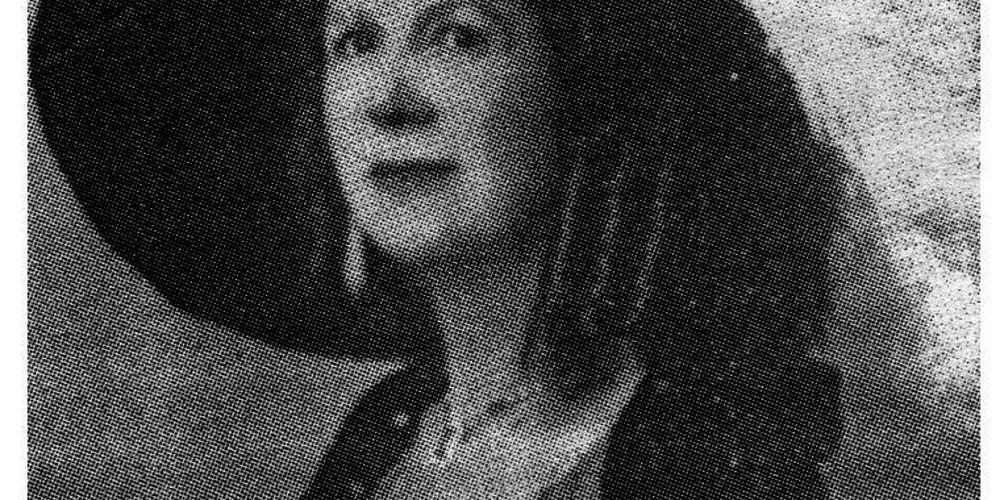
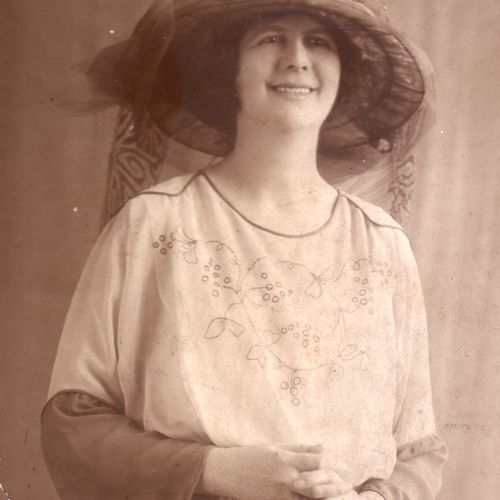
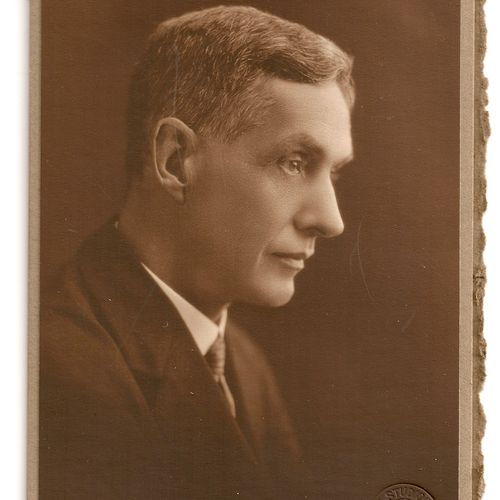
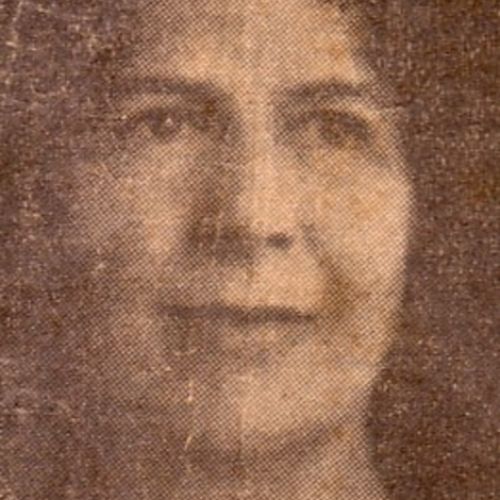
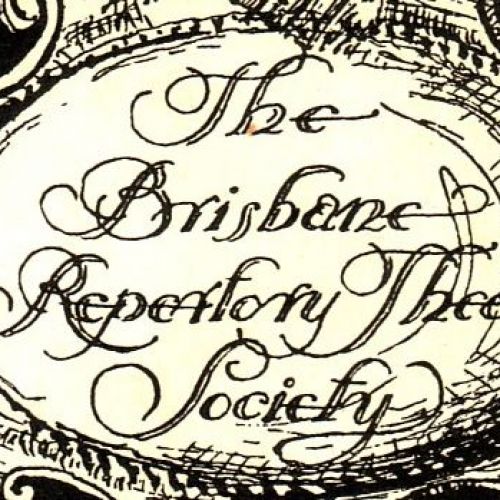
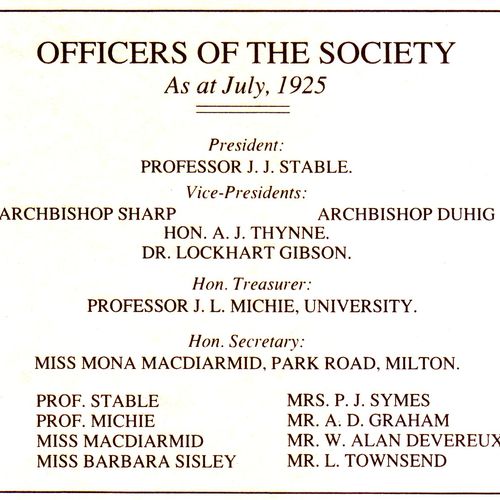
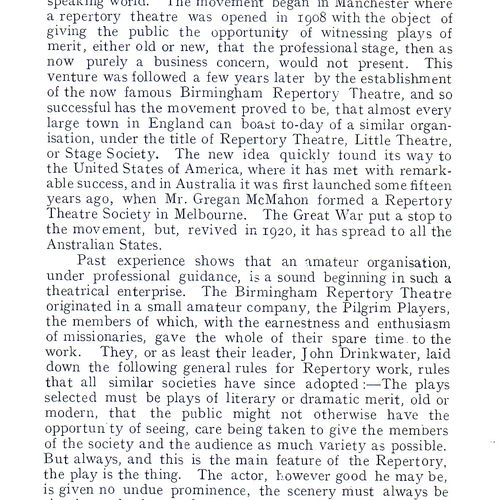
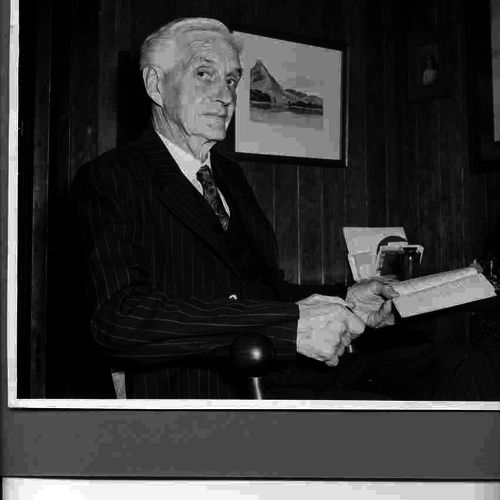
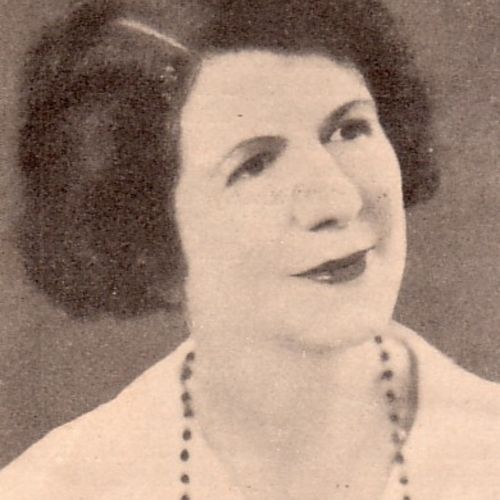
Tell us your story